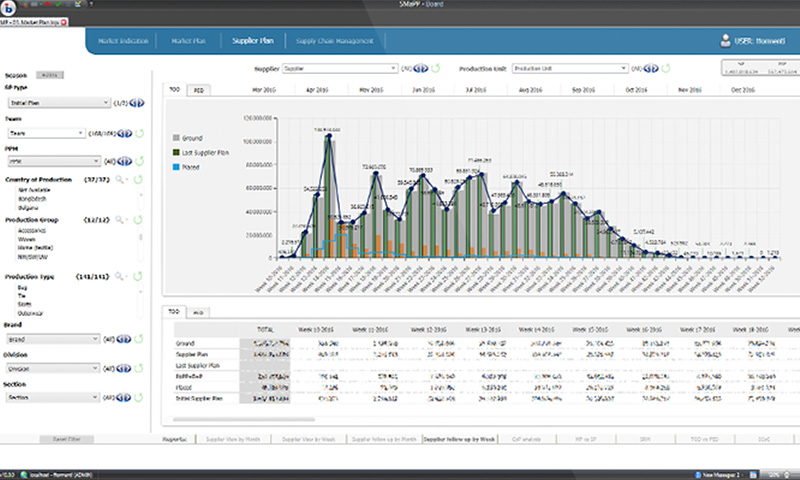Postgraduate Loan (Home Fee Status):
You may be able to get a postgraduate student loan from Student Finance England of up to £12,858 to help pay for a Master’s degree. Applications are made through Student Finance England and more information on the regulations and eligibility criteria can be found at Masters Loans gov.uk.
* Any RPL will invalidate your eligibility as you must study a minimum of 180 credits
Changes for EU students:
The UK government has confirmed that EU students starting courses from 1 August 2021 will normally be classified as Overseas
(International) students for fee purposes. More information about the change is available at
UKCISA: EU citizens living in the UK with 'settled' status, and Irish nationals living in the UK or Ireland, will still be classified as Home students, providing they meet the usual residency requirements, for more information about EU Settlement Scheme (EUSS)
Postgraduate Loyalty Discount:
You can get 20% discount on a taught on-site postgraduate course if you’re a University of Wolverhampton Graduate.
The University offers a generous 20% Loyalty Discount to students progressing from an undergraduate programme to a taught postgraduate programme, where both courses are University of Wolverhampton Awards.
There is no time limit on how long ago you completed your degree as long as this is your first Masters level qualification.
The discount applies to the first year of enrolment only. Students who receive a loyalty discount are not entitled to any further tuition discount or bursary. For full terms and conditions click here.
Self-funded:
If you are paying for the fees yourself then the fees can be paid in 3 instalments: November, January and April. More information can be found by clicking here.
Sponsored - Your employer, embassy or organisation can pay for your Tuition fees:
Your employer, embassy or organisation agrees to pay all or part of your tuition fees; the University will refer to them as your sponsor and will invoice them for the appropriate amount.
We must receive notification of sponsorship in writing as soon as possible, and before enrolment, confirming that the sponsor will pay your tuition fees.
Financial Hardship:
Students can apply to the Dennis Turner Opportunity Fund for help with course related costs however this cannot be used for fees or to cover general living costs.
Charitable Funding:
You might also want to explore the possibility of funding from charitable trusts. Please contact Association of Charitable Foundations, Directory of Social Change or Family Aid. Most charities and trust funds offer limited bursaries targeted to specific groups of students so you will need to research whether any of them are relevant to your situation.
You can find more information on the University’s Funding, cost, fee and support pages.


/prod01/wlvacuk/media/departments/digital-content-and-communications/images-18-19/iStock-163641275.jpg)
/prod01/wlvacuk/media/departments/digital-content-and-communications/images-2024/250630-SciFest-1-group-photo-resized-800x450.png)
/prod01/wlvacuk/media/departments/digital-content-and-communications/images-18-19/210818-Iza-and-Mattia-Resized.jpg)
/prod01/wlvacuk/media/departments/digital-content-and-communications/images/Maria-Serria-(teaser-image).jpg)
/prod01/wlvacuk/media/departments/digital-content-and-communications/images-2024/241014-Cyber4ME-Project-Resized.jpg)
/prod01/wlvacuk/media/departments/digital-content-and-communications/images-18-19/210705-bric_LAND_ATTIC_v2_resized.jpg)





